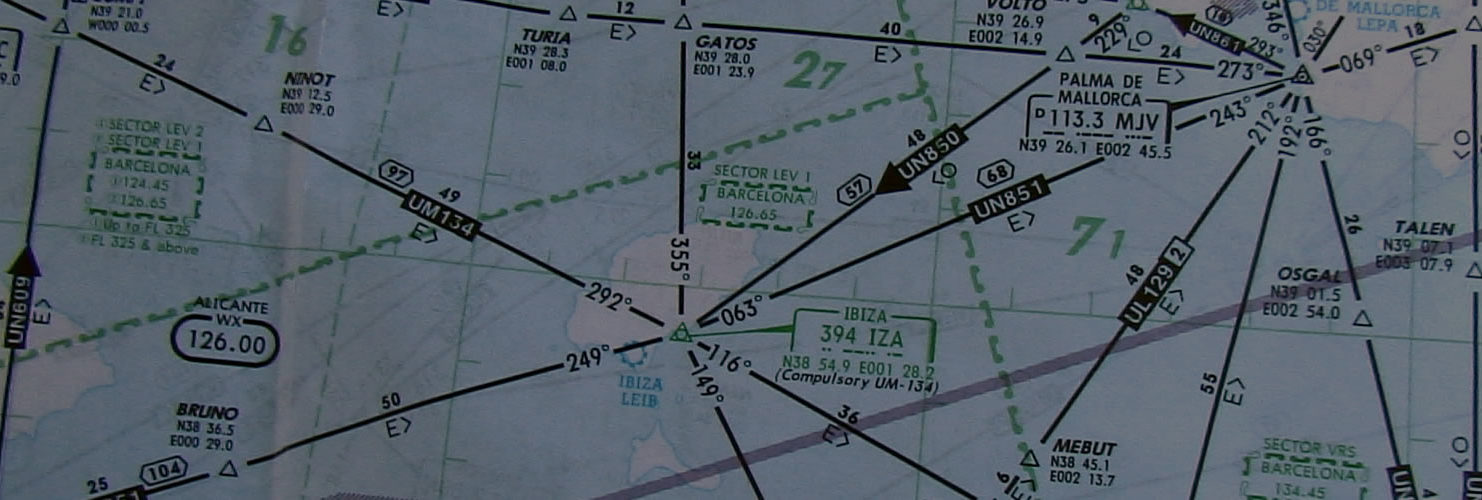Code Share Services
A code-share agreement is one in which two or more airlines share the same flight. Thus, a company can be bought from a seat on a flight actually operated by another company under a different code or flight number. It is very common for large airlines to have one or more codeshare agreements for greater route coverage.
Impact
In order to avoid problems for the passenger in the sale of tickets that include one or more codeshare routes, airlines must be able to synchronize ticket sales information to the flight operator in a timely manner without losing the opportunity to make sales . Although in principle the process of information sharing can be perceived as routine, in the area of airlines is much more complex as it must articulate different aspects that are fundamental for the correct control both for the company that makes the sale and for the which operates the flight, which normally also has its own sales platform.
In the code share scheme airlines reservation systems must be able to synchronize their information properly.
In order to provide a better experience to its users and improve the profitability of its operations, airlines agree to synchronize their operations for an operational process in which there is adequate and timely information handling, which is a highly sensitive factor.
Based on the needs and operational proposals of each code-share airline, two types of interfaces were developed for two of the allies with whom it would operate under this code-sharing modality.
The first implementation was based on the messaging received safely and preserved in text-type files. For this, a Windows service was established which has implemented the logic to interpret the different classes of messages and to replicate in the Core of the airline operations of:
- Creation of reservations
- Modification of reservations
- Elimination of reserves and,
- Confirmation that the flight has reached its destination.
- In addition, this service is in charge of effectively managing the files received and processed without loss of information or any updates without replicating in the GDS of the airline.
The second implementation exposed a service that operated over VPN (Virtual Private Network). This service would connect the code-share airline to carry out the operations related to the sale of tickets in real time. Internally the web service would be responsible for replicating the operation in the GDS.
What makes it different?
It is very important in each of these cases to keep track of each task performed to reconcile the operation with third parties. This type of systems (backend) are implemented with complete information, for traceability and reconciliation of operations between the airline and its codeshare allies.
Both components operated successfully and accurately for several years without any case or inconvenience with the reservations related to the implemented system and although there have been changes in the negotiations between the airlines and their codeshare partners, the implemented schemes met its objective

